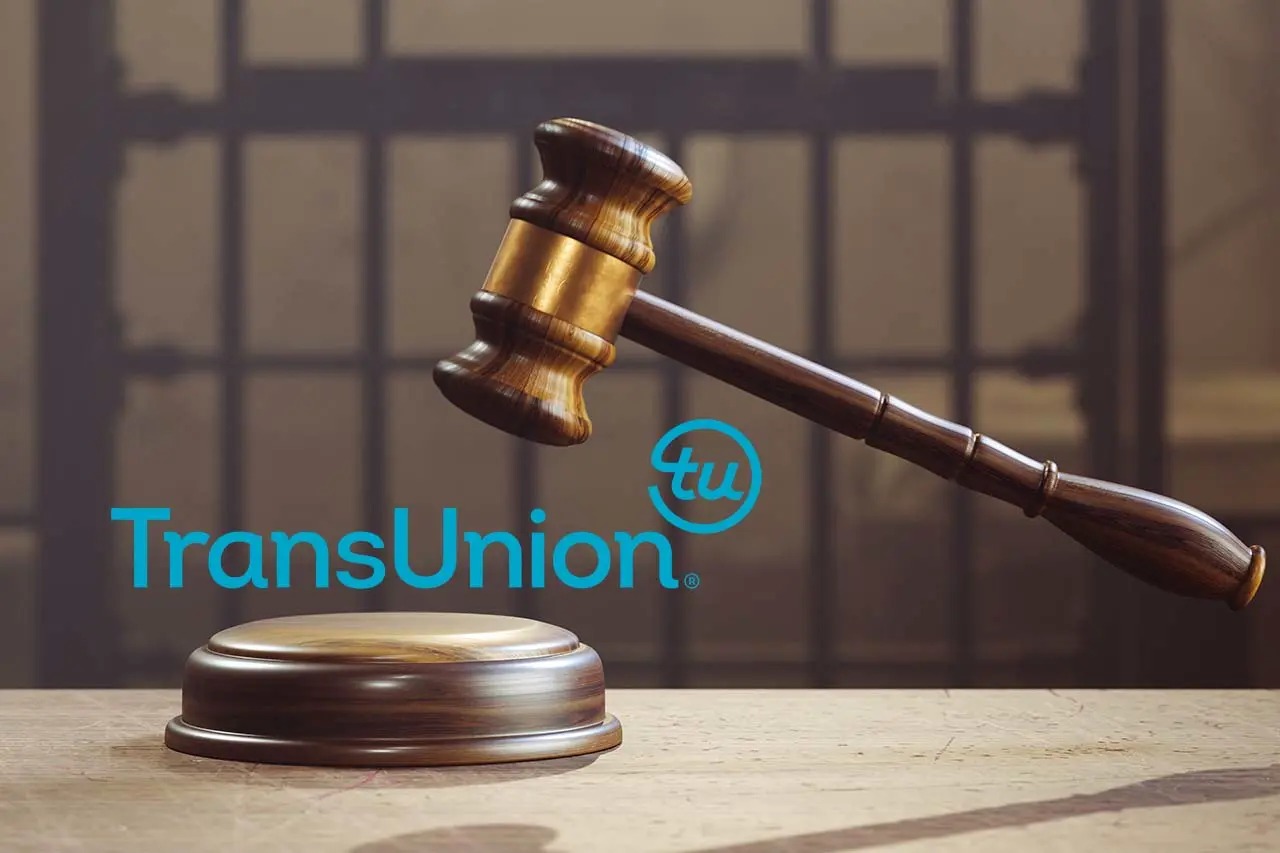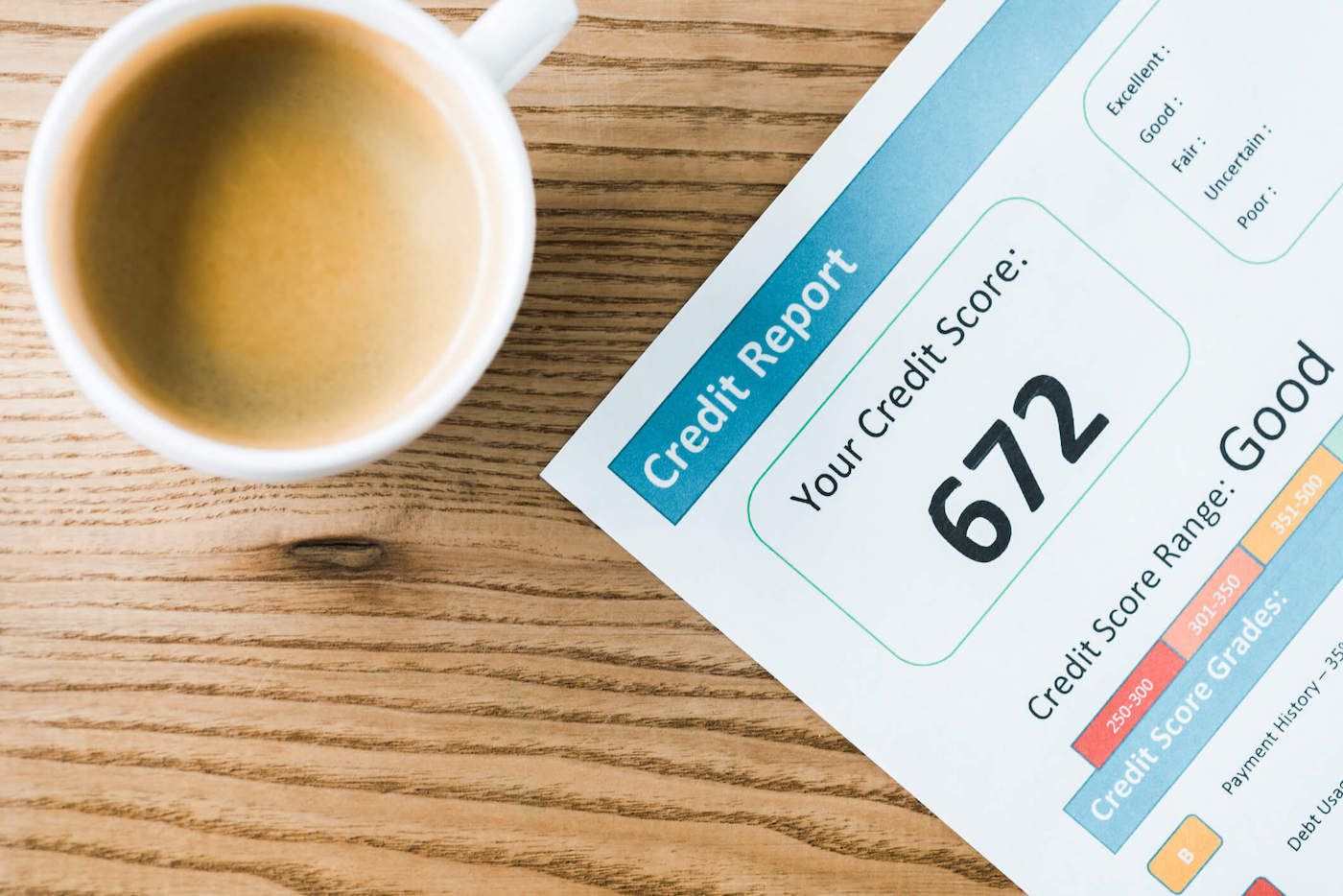Home>Finance>How To Talk To An Experian Person To Remove The Credit Inquiry


Finance
How To Talk To An Experian Person To Remove The Credit Inquiry
Published: March 5, 2024
Learn how to effectively communicate with Experian to dispute and remove credit inquiries. Get expert advice on managing your finances and improving your credit score.
(Many of the links in this article redirect to a specific reviewed product. Your purchase of these products through affiliate links helps to generate commission for LiveWell, at no extra cost. Learn more)
Table of Contents
Introduction
Understanding Credit Inquiries
When it comes to managing your credit report, inquiries play a crucial role. A credit inquiry occurs when a third party, such as a lender or credit card issuer, requests to view your credit report. There are two types of credit inquiries: hard inquiries and soft inquiries. Hard inquiries typically occur when you apply for a loan, credit card, or mortgage, and they can impact your credit score. On the other hand, soft inquiries are usually made for background checks or pre-approved offers and do not affect your credit score.
Navigating the realm of credit inquiries can be daunting, especially when you discover unauthorized or inaccurate inquiries on your credit report. This is where contacting a credit bureau such as Experian becomes essential. By communicating with Experian, you can address discrepancies and potentially have erroneous inquiries removed from your credit report.
In this guide, we will delve into the process of reaching out to Experian to dispute and potentially remove unauthorized credit inquiries. Understanding the steps involved and the necessary information to provide can empower you to take control of your credit report and ensure its accuracy. Let's explore the steps to effectively communicate with Experian and take action to rectify any discrepancies in your credit report.
Understanding Credit Inquiries
Understanding Credit Inquiries
Credit inquiries are a vital aspect of your credit report, as they provide insight into who has viewed your credit history. It is important to differentiate between hard and soft inquiries, as they have varying impacts on your credit score.
Hard Inquiries:
- Initiated when you apply for credit, such as a loan, credit card, or mortgage.
- Can have a temporary negative impact on your credit score.
- Typically remain on your credit report for up to two years.
Soft Inquiries:
- Occur when your credit report is accessed for background checks, pre-approved offers, or by existing creditors for account reviews.
- Do not affect your credit score.
- Are visible only to you and do not impact lending decisions.
It is crucial to monitor your credit report regularly to identify any unauthorized or inaccurate inquiries. Unauthorized inquiries can be a sign of potential identity theft or errors in reporting. This is where the importance of contacting the credit bureau, such as Experian, comes into play. By addressing unauthorized inquiries, you can safeguard your credit report’s accuracy and protect yourself from potential fraudulent activity.
Understanding the nature of credit inquiries equips you with the knowledge needed to identify discrepancies and take appropriate action. In the subsequent sections, we will explore the process of contacting Experian to dispute and potentially remove unauthorized credit inquiries from your report.
Contacting Experian
Contacting Experian
When you discover unauthorized or inaccurate credit inquiries on your Experian credit report, it’s essential to initiate contact with Experian to address the issue. Experian provides avenues for communication to dispute inquiries and seek resolution.
Online Dispute:
You can initiate a dispute online by visiting the Experian website and navigating to the “Dispute Information on Your Credit Report” section. This online platform allows you to submit your dispute and provide relevant details regarding the unauthorized inquiries.
Phone Contact:
Another method of reaching out to Experian is through direct phone contact. You can call the Experian customer service line and speak with a representative regarding the unauthorized inquiries on your credit report. Be prepared to provide specific details and documentation to support your dispute.
Written Correspondence:
If you prefer traditional mail, you have the option to send a written letter to Experian detailing the unauthorized inquiries and the reasons for disputing them. Be sure to include any supporting documentation and maintain a copy of the correspondence for your records.
Choosing the most suitable method of contact depends on your preference and the urgency of the matter. Regardless of the communication channel, it is crucial to provide comprehensive details and evidence to support your dispute. In the following section, we will delve into the necessary information to include when contacting Experian to dispute unauthorized credit inquiries.
Providing Necessary Information
Providing Necessary Information
When contacting Experian to dispute unauthorized credit inquiries, providing accurate and comprehensive information is paramount to support your claim effectively. The following details are crucial when communicating with Experian:
Identification: Begin by providing your full name, current address, social security number, and date of birth. This information ensures that Experian can accurately identify and locate your credit report for the dispute process.
Details of Inquiries: Specify the unauthorized inquiries in question, including the date of the inquiry, the name of the company or entity that made the inquiry, and any reference or account numbers associated with the inquiry. Providing as much specific detail as possible strengthens your dispute.
Explanation and Evidence: Clearly articulate the reasons for disputing each unauthorized inquiry. If the inquiries are genuinely unauthorized or the result of identity theft, provide any supporting evidence, such as a police report or documentation validating your claim. This strengthens the credibility of your dispute.
Contact Information: Ensure that your contact information, including a valid phone number and email address, is included. This allows Experian to reach out to you for any additional information or updates regarding the dispute process.
By furnishing Experian with comprehensive and accurate information, you enhance the effectiveness of your dispute and increase the likelihood of a successful resolution. In the subsequent section, we will explore the importance of following up after initiating the dispute process with Experian.
Following Up
Following Up
After initiating the dispute process with Experian regarding unauthorized credit inquiries, it is crucial to follow up to ensure that your claim is being addressed and resolved. Following up serves as a proactive approach to monitor the progress of your dispute and provide any additional information that may be requested by Experian.
Monitoring Communication: Regularly check your email and physical mail for any correspondence from Experian regarding the dispute. Promptly responding to any requests for further information or clarification demonstrates your commitment to resolving the issue.
Documenting Correspondence: Keep a record of all communication with Experian, including the dates and details of any phone conversations, emails, or written correspondence. This documentation serves as a reference in case of any discrepancies or delays in the dispute resolution process.
Providing Additional Information: If Experian requests further documentation or details to support your dispute, promptly provide the necessary information. This proactive approach can expedite the resolution process and strengthen the validity of your claim.
Following Through to Resolution: Stay engaged in the dispute process until a resolution is reached. If the unauthorized inquiries are successfully removed from your credit report, verify that the changes reflect accurately on your updated report.
By actively following up and engaging with Experian throughout the dispute process, you demonstrate your commitment to rectifying any inaccuracies in your credit report. In the next section, we will conclude our guide with key takeaways and the significance of maintaining a vigilant approach to monitoring your credit report.
Conclusion
Conclusion
Effectively communicating with Experian to dispute unauthorized credit inquiries is a proactive step towards ensuring the accuracy and integrity of your credit report. Understanding the distinction between hard and soft inquiries, as well as recognizing the potential impact of unauthorized inquiries, empowers you to take control of your credit profile.
When addressing unauthorized inquiries with Experian, the provision of comprehensive and accurate information is paramount. Clearly articulating the details of the unauthorized inquiries and providing supporting evidence strengthens your dispute and increases the likelihood of a successful resolution.
Following up diligently and maintaining open communication with Experian throughout the dispute process demonstrates your commitment to rectifying any discrepancies in your credit report. By documenting correspondence and promptly providing any requested information, you actively contribute to the resolution of the dispute.
It is essential to remain vigilant in monitoring your credit report even after the dispute process, ensuring that any successful removal of unauthorized inquiries is accurately reflected. Regularly reviewing your credit report can help detect and address any future discrepancies in a timely manner.
Ultimately, by understanding the process of disputing unauthorized credit inquiries with Experian and actively engaging in the resolution process, you safeguard the accuracy of your credit report and protect yourself from potential fraudulent activity. Taking proactive measures to address unauthorized inquiries contributes to maintaining a healthy and reliable credit profile.
Empowered with the knowledge and understanding of the dispute process, you are better equipped to navigate the realm of credit inquiries and take decisive action to uphold the integrity of your credit report.












